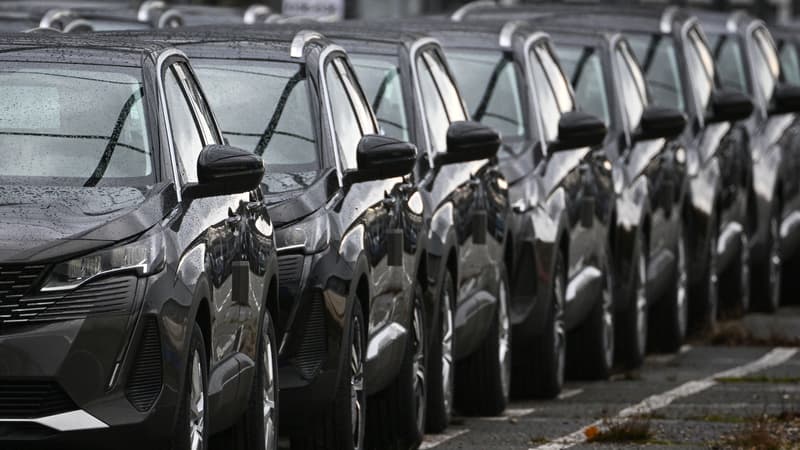“But anyway, what’s going on?” A player in the French car industry admits to being completely taken aback by the current situation in Brussels. “It brings uncertainty, while 2035 is tomorrow!” he adds. At automotive supplier Valeo, we explain “be ready for 2035”. “We no longer need to save time and grab 4 or 5 years,” says a spokesperson for the equipment manufacturer.
The same story with a French car manufacturer. “If this summer we were against the end of heat engines in 2035, since then we have started up.” Here too, it is uncertainty that is particularly feared.
“The most complicated thing is the round trips,” the manufacturer worries.
Billions of euros invested in electricity
The Renault case is a good example of the doubts of the French car industry. The group, with its Electricity division in Hauts-de-France, aims to produce 500,000 electric cars by 2025. If the 2035 deadline is effectively postponed, how can we be sure these cars will sell? Will there be demand when electric vehicles continue to be much more expensive than thermal?
French and European manufacturers have invested billions of euros to make them electric. One question torments them, as indeed most European players: how to explain such a German reversal?
“This situation is totally unprecedented,” says one of the text’s negotiators, who has been following the case since day one.
The vote in the Council of the European Union, which was to take place on Tuesday and has been postponed sine die, was a formality on paper. “We were in the registration fund stage,” adds this negotiator.
Noted German Liberals
The German position is still at the throat of the European institutions that see it as a political coup. They point to a culprit: Christian Lindner, leader of the German Liberal Democratic Party, member of the government coalition led by Olaf Scholz with the Greens and the Social Democrats of the SPD.
The FDP absolutely wants to authorize the use of synthetic fuels beyond 2035. However, the liberals are now very weak on the political scene. “We have been taken hostage by a party that is in 4% of the polls,” the negotiator we interviewed becomes furious. Undoubtedly, in this German reversal you also have to see the leg of certain national manufacturers, such as Porsche, for example, which have bet a lot on synthetic fuels.
In Brussels, we are actively negotiating to find a way out and a compromise with Germany. Because for the majority of European players, it is simply unimaginable that this text, which has caused so much ink, will not finally be voted on.
Source: BFM TV


